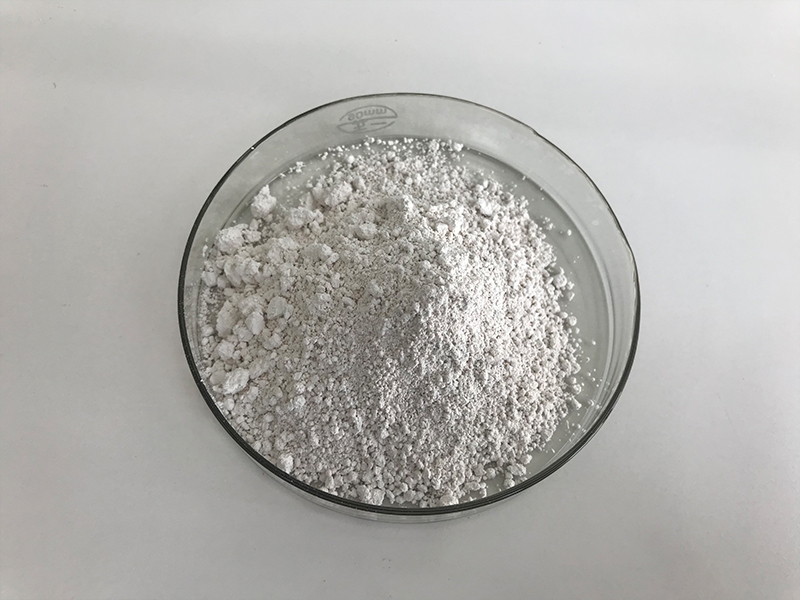Fenbendazole is a broad-spectrum anthelmintic medication commonly used to treat various parasitic infections in animals, including dogs, cats, livestock, and sometimes humans. Here are some pros and cons associated with the use of fenbendazole:
Pros of Fenbendazole
Effectiveness: Fenbendazole is effective against a wide range of gastrointestinal parasites, including roundworms, hookworms, whipworms, and certain types of tapeworms.
Broad Spectrum: It has broad-spectrum activity, meaning it can target multiple types of parasites, making it useful in treating mixed infections.
Ease of Administration: Fenbendazole is available in various formulations, including oral tablets, granules, and pastes, which makes it relatively easy to administer to animals.

Safety: When used as directed, fenbendazole is generally considered safe for use in animals. It has a wide margin of safety, meaning it can be used in various species and at different dosages without significant risk of toxicity.
Availability: Fenbendazole is widely available and relatively inexpensive compared to some other anthelmintic medications.
Cons of Fenbendazole
Resistance: Like other anthelmintics, parasites can develop resistance to fenbendazole with overuse or misuse. This can reduce its effectiveness over time and necessitate the use of alternative treatments.
Limited Efficacy: While fenbendazole is effective against many gastrointestinal parasites, it may not be effective against all types or stages of parasites. Some parasites may require alternative medications for treatment.
Off-label Use: In some cases, fenbendazole may be used off-label in humans to treat certain parasitic infections. However, its safety and efficacy for human use are not well-established, and it may not be appropriate for all infections or individuals.

Potential Side Effects: While fenbendazole is generally well-tolerated, some animals may experience side effects such as vomiting, diarrhea, or lethargy. These side effects are usually mild and transient but can occur, particularly at higher doses.
Safety in Pregnant or Nursing Animals: The safety of fenbendazole in pregnant or nursing animals is not well-established, and caution should be exercised when using it in these situations.
Environmental Impact: Like other medications, fenbendazole can have environmental implications if not disposed of properly or if residues enter water sources. Proper disposal and use according to label instructions can help mitigate environmental impact.
In summary, fenbendazole is a widely used and effective anthelmintic medication for treating parasitic infections in animals. However, like any medication, it has both pros and cons that should be considered when determining its appropriate use in veterinary medicine.
